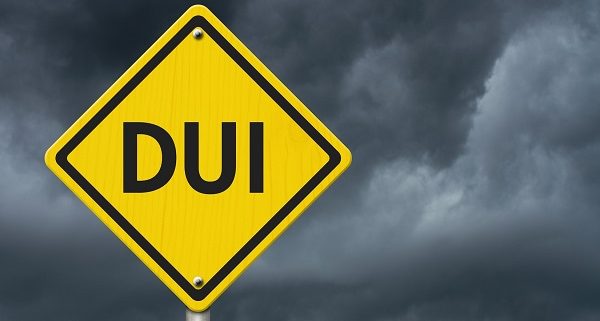Understanding DUI Records and Their Implications
DUI records can have significant implications for individuals, affecting employment opportunities, insurance rates, and personal reputation. It's essential for those looking to understand how a DUI can impact their lives to be aware of the long-term consequences that come with such a conviction.
For instance, a DUI record may lead to increased insurance premiums or even difficulty in obtaining a driver's license. Moreover, employers often conduct background checks, and a DUI on record can hinder job prospects, particularly in fields that require driving or high levels of responsibility.
How to Check Your DUI Record
Checking your DUI record is a crucial step for anyone who has been charged or convicted of a DUI offense. This process typically involves accessing public records through state or local government websites, where you can request your driving history or criminal record.
Many states offer online portals for individuals to check their records easily, while others may require a formal request or visit to a local law enforcement agency. Understanding how to navigate these systems can empower individuals to take control of their legal history and prepare for any potential implications.
Legal Options After a DUI Charge
Facing a DUI charge can be daunting, but understanding your legal options is vital for navigating the situation effectively. Individuals charged with DUI have several avenues available, including plea bargains, trial defenses, and potential expungement of records.
Consulting with a knowledgeable DUI attorney can help clarify these options and develop a strategy tailored to the specifics of the case. For example, some individuals may qualify for diversion programs that can mitigate penalties or lead to record sealing upon successful completion.
Preventive Measures Against DUI Charges
Preventing a DUI charge is crucial for maintaining personal and professional integrity. Individuals can take proactive steps, such as designating a sober driver, utilizing rideshare services, or staying informed about local DUI laws and checkpoints.
Moreover, educational programs about the dangers of impaired driving can also serve as preventive measures. By fostering a culture of responsible driving, communities can reduce the incidence of DUI offenses and promote safer roadways.

